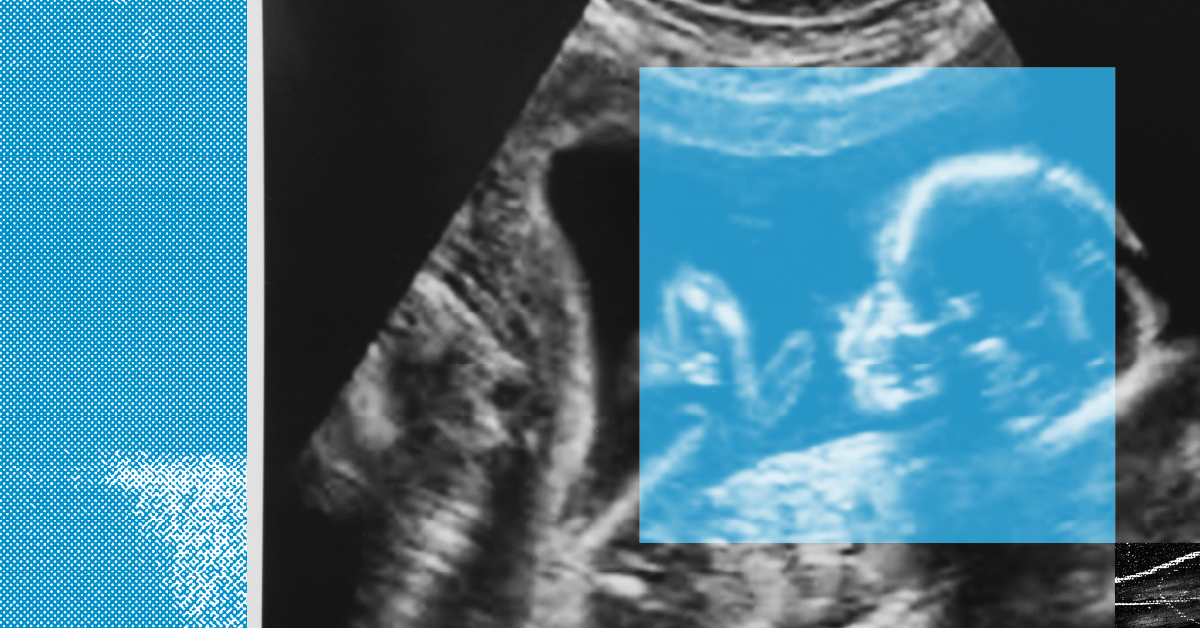
Confucius Says: Abortion? Chatting with Confucius about the Abortion Debate
Chatting with Confucius about the abortion debate with Chadzi Hansen conduction the séance using séantific interpretation, consulting Chat-GPT for views of the Elders of Chinese Studies. Take this opportunity to ask Confucius how different philosophical traditions think about moral debate.
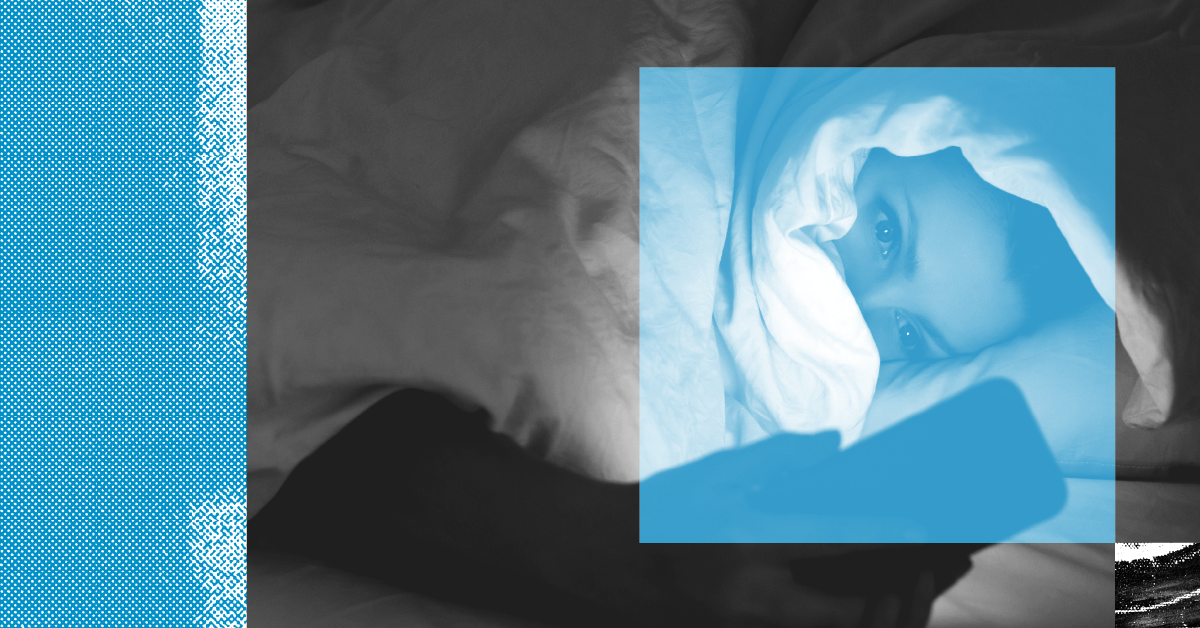
Doomscrolling & Democracy: Making and Getting the News in (What Feels Like) the Apocalypse
Join a panel of journalists in conversation with attendees about what we need, want, and are getting from newsmakers. [The following is subject to change:] Spend an hour with Emily Corwin of American Public Media, Lola Dufort of Vermont Public, Colin Flanders of Seven Days and Tik Root of Grist.

Everywhere Philosophy Presents: The Twilight Zone Examined
Artificial Intelligence has become a ubiquitous feature of daily life, leaving our intelligent machines and their algorithms to rust in the places we inhabit...and in the Twilight Zone. Join Everywhere Philosophy's Dr. Mike & Bethany for an interactive viewing and exploration of The Lonely - Rod Serling's brilliant dramatic study at the intersection of AI and Personhood.
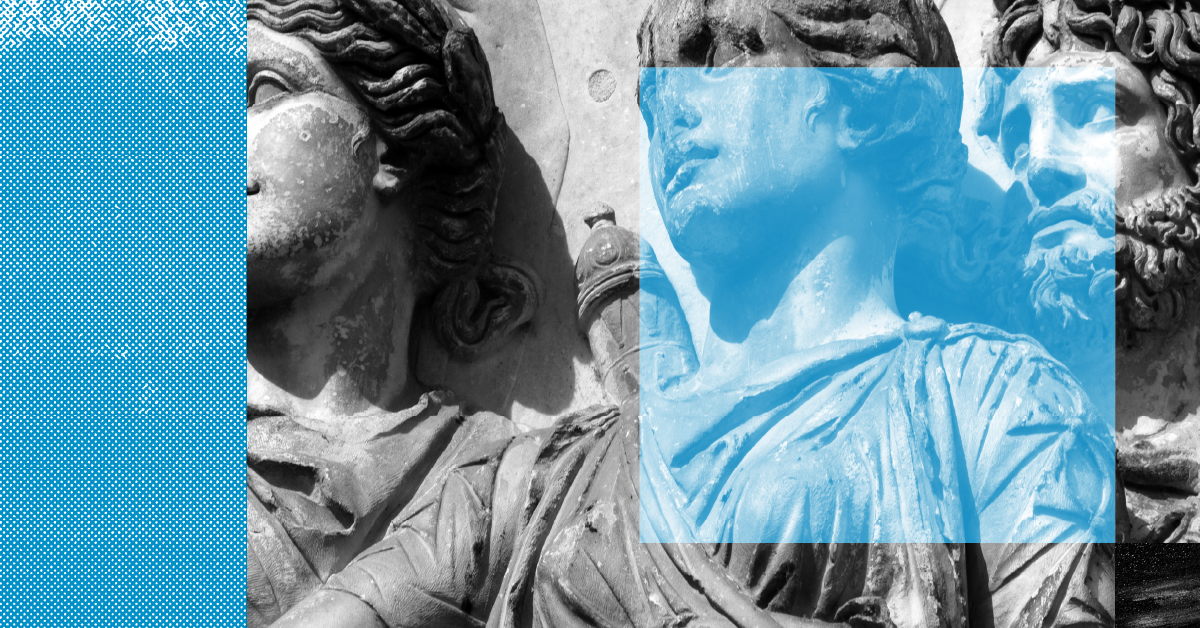
Aristotle on Friendship and Justice: Contemporary Lessons from Ancient Greece
While we generally assume that friendship is a private question, Aristotle argued that friendship should play a central role in ethics, civics, and politics. Justice should be friendly, not punitive, on Aristotle’s view. Law-makers should cultivate civic friendship as much as justice. How does Aristotelian civic friendship knit together the social fabric? What lessons can we learn today from these ancient Greek ideals?

Philosophy of Work
Emerson thought intellectual endeavor must go hand in hand with manual labor. So did John Ruskin, and Simone Weil. The ancient Greek poet Hesiod elevated work to the heights of a cosmogonic first principle, though Aristotle felt manual labor was beneath the life of the mind. Not so the Stoic Musonius Rufus, who wrote a treatise called “Why Farming is the Best Job for a Philosopher.” Come find out why at Works & Days Farm in Shoreham, your hosts Mark and Caroline Usher. Space is limited so please RSVP. And wear sturdy boots.

Philosophy in/as Translation
How does our relationship to philosophy (a Greek word) and to philosophical ways of knowing (a universal practice or predicament) depend on the language(s) we use? Two generations bring different perspectives on what it means to philosophize in and about translation. All people, tongues, and scripts are most welcome to attend and contribute!

See This! Touch That! Molyneux's Perplexing Problem
What can you tell about the look of a ball from how it feels or about the feel of a cube from how it looks? Explore one of the oldest, most engaging philosophical thought experiments of all time--Molyneux's problem--with talk, discussion, paper folding, and fun hands-on experiments. Did you know you can hear shapes?

The Promise and Pitfalls of Lab-Grown Meat: Ethical and Practical Perspectives from a Farmer and a Chef
Aaron Carroll recently stopped raising pastured chicken on his Sowing Roots Farm in Underhill for a mix of ethical reasons. The writer/photographer is now largely vegetarian and "eats a lot of lentils." Kevin Markey is a Culinary Institute of America-trained chef with a master's degree in climate change, agriculture and food security. He is currently part of the team working on lab-grown meat at the University of Vermont. Aaron and Kevin will share their perspectives on animal agriculture and alternatives facilitated by Melissa Pasanen, food writer for Seven Days newspaper.
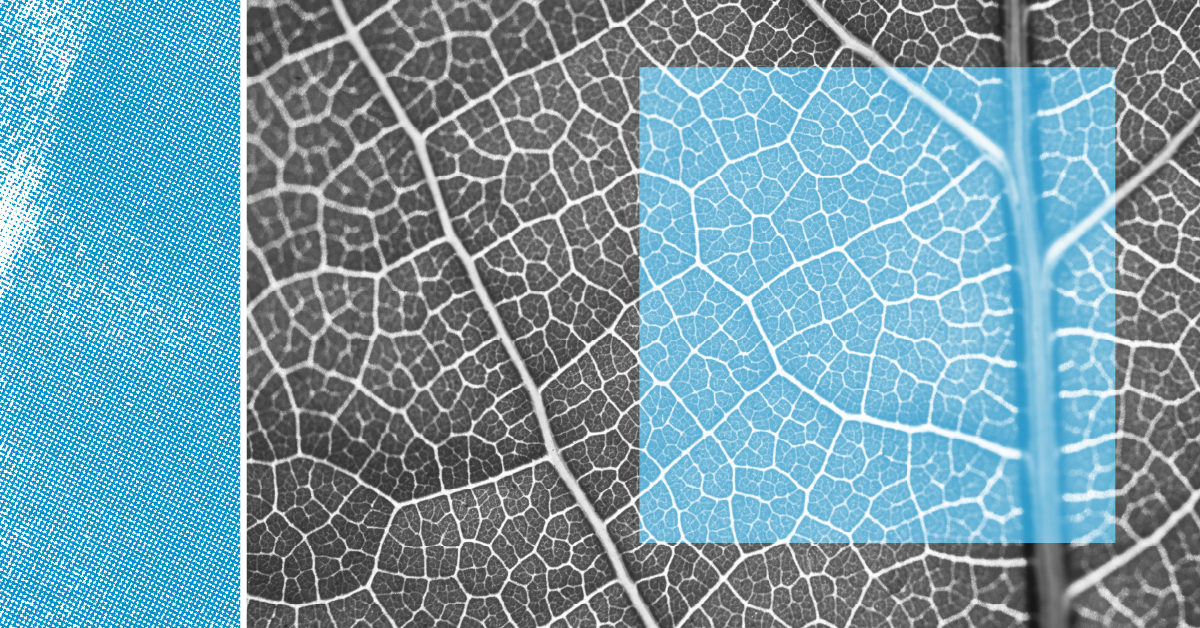
Why Does Restoring Nature Make Us Feel So Good?
What obligation do people have to repair the natural world? Humans have transformed environments and diminished non-human life in landscapes around the globe. In response, the movement to restore ecosystems, and reconfigure humans’ place in them, has emerged. In this presentation, we explore two concepts which are essential to restoration: biophilia - the innate tendency to focus on life, and topophilia - the love of place. Plus, we report on the emotions that surface while acting as agents of restoration and ask: why does restoring nature makes us feel so good?

Are You Sick of Caring? Communal Compassion Fatigue and the Erosion of Social Connection.
Social workers offer a structured conversation about compassion, its limits, and the toll it takes on our interconnectedness. Why can caring be so tiring? When do we get to be selfish? When and where do we ask personal compassion to do the work of institutional compassion? Where do we find balance between empathy and self-preservation? These questions, and likely many more, explored in community.

Cannabis and Philosophy: Breaking the Grass Ceiling
Why do people ask philosophical questions when they’re high? Why does weed make small questions seem so philosophical? How can cannabis be used to do philosophy? How can our perceptions of weed limit the way we interact with it? How do we open our mind and trigger divergent thinking? Join us on 4/19 for a conversation about the intersection of legal cannabis and philosophy. We aim to expand our thinking and be open to new perspectives, not to debate legality or shame other’s use of cannabis. What better way to prepare for the Holiday!

Should We Geoengineer the Planet in Response to Climate Change?
By now it's well established that we're experiencing real dangers from climate change, yet meaningful global action to minimize its harms so far hasn't materialized. One radical solution is to engineer the planet's climate systems to lower global temperatures. Come discuss ethical questions about the costs, risks, and benefits of these technical fixes to the climate change problem.

The Purpose, Power and Promise of Public Education
Seven Days education reporter Alison Novak facilitates a conversation with three innovative and inspiring Vermont educators who are challenging traditional notions of what school should be. Panelists include Burlington elementary school teacher and Vermont Teacher of the Year Aziza Malik, Montpelier High School philosophy and Healthy Masculinity teacher Joe Carroll, and Habitat for Aviation founder Beth White.
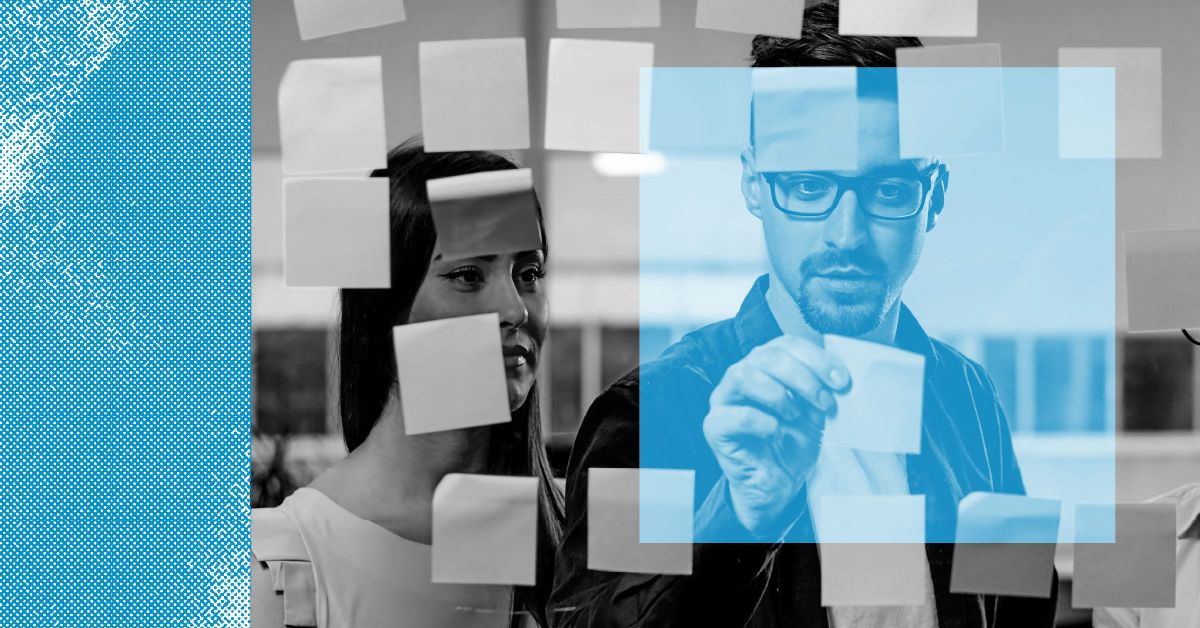
Hanging Out: The Politics of Free Time
Hannah Arendt once observed that people in America are lonely because they are busy. "In this country,” she explains in a letter from the 1940s, "one gets very lonely because people have so many things to do that, after a certain point, the need for leisure is quite simply no longer there." Arendt’s point is that the strain brought about by constant activity, or by the apparent necessity of performing such activity, prevents one from not just enjoying but even experiencing free time. So what is free time? How do we experience it? And what rights, if any, do we have to it? Come hang out and discuss what it means to hang out in a world where that feels increasingly difficult.

Restorative Justice & Forgiveness
Restorative Justice aims to repair harm and resolve conflict - so what role does forgiveness play? Join restorative justice practitioners at the Hartford Community Restorative Justice Center for a collective conversation about forgiveness. We'll delve into what we mean when we say "forgiveness", the relationship between forgiveness and closure, the relationship between forgiveness and obligation, and the role forgiveness plays in a restorative practice. There will be a short grounding in the philosophy of restorative justice followed by a facilitated community conversation. We invite folks to come prepared to reflect on their own experiences with forgiveness.

Why You Should Not Believe the Conclusion of this Talk
We often find ourselves disagreeing with other people about factual matters. Sometimes, the people we disagree with would seem—apart from the disagreement, at least—to be just as likely to reach the truth on the relevant sort of matter as we are. What is the rational response to this sort of disagreement? This talk will defend the view that it is often irrational to maintain confidence in our beliefs in the face of this sort of disagreement. Along the way, it will explore some surprising implications of this view, and engage with some of the objections that have been raised against it.

Worker Power and Grassroots Organizing on Vermont Dairy Farms
Come discuss Migrant Justice's history and current projects, as well as the organizing philosophies that inform our work: Worker-driven Social Responsibility, solidarity, grassroots organization, popular education, collective liberation, and more.
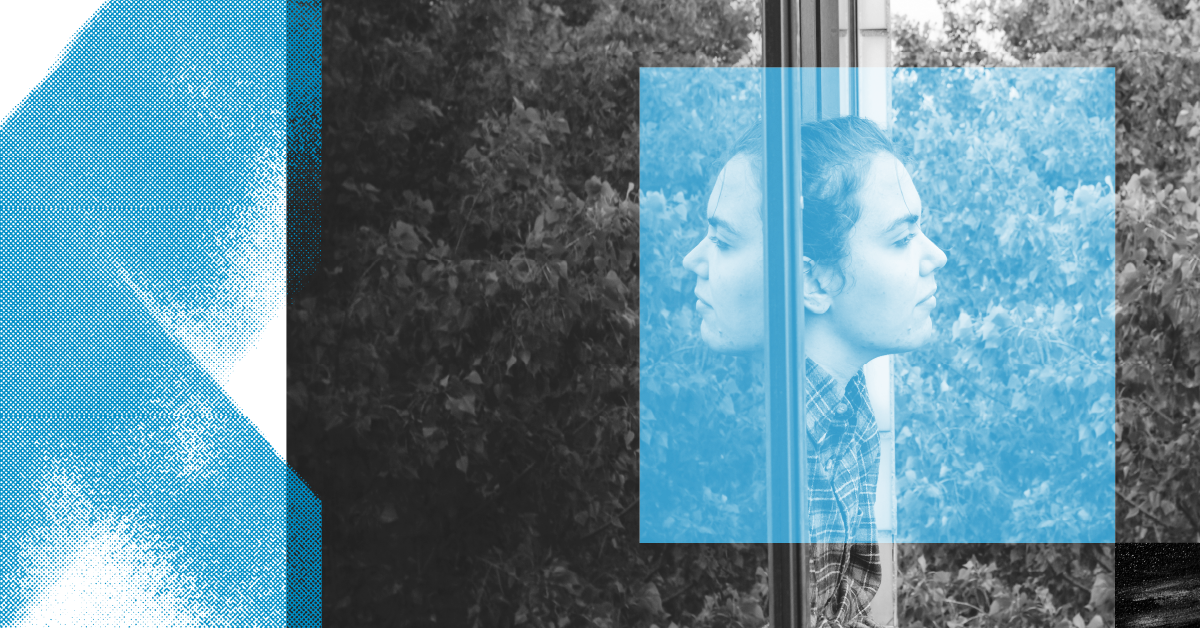
The Missing Piece of the Good Life
Prof Lorraine Besser will present her research on psychological richness and talk about how you can make your life better by making it more interesting.

We Are Going There: Hospice Singing with the Noyana Singers
Come to learn about Noyana Singers, a local group that sings to people in hospice care.
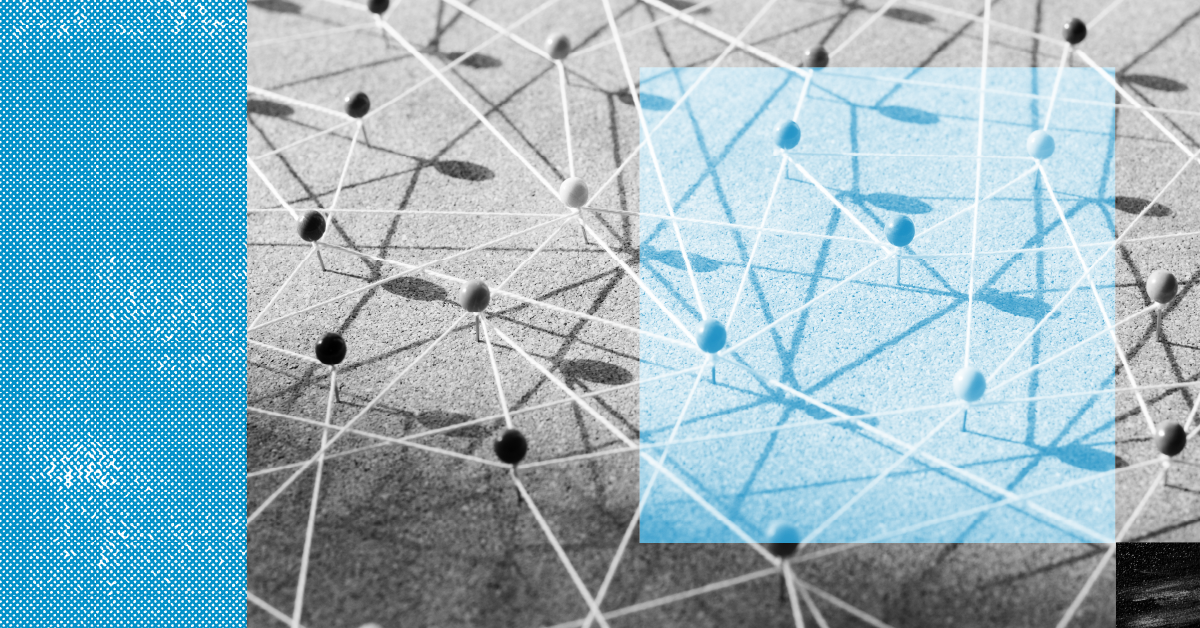
The Thinker We Should Have Listened To: Reading Spinoza in an Age of Crisis
Where did we go wrong? In today's complex world, delving into Spinoza's timeless philosophical insights offers invaluable guidance in navigating the intricacies of many of our problems. Come to discuss and find out if his ideas might help.

The Hidden Consequences of Incarceration: The Children Left Behind
Should kids visit their parents in prison? How do you explain prison to a young child? Why are kids with incarcerated parents more likely to become incarcerated themselves and how do we prevent this? Join us for a discussion around how parental incarceration affects children. Come with questions and an open mind.
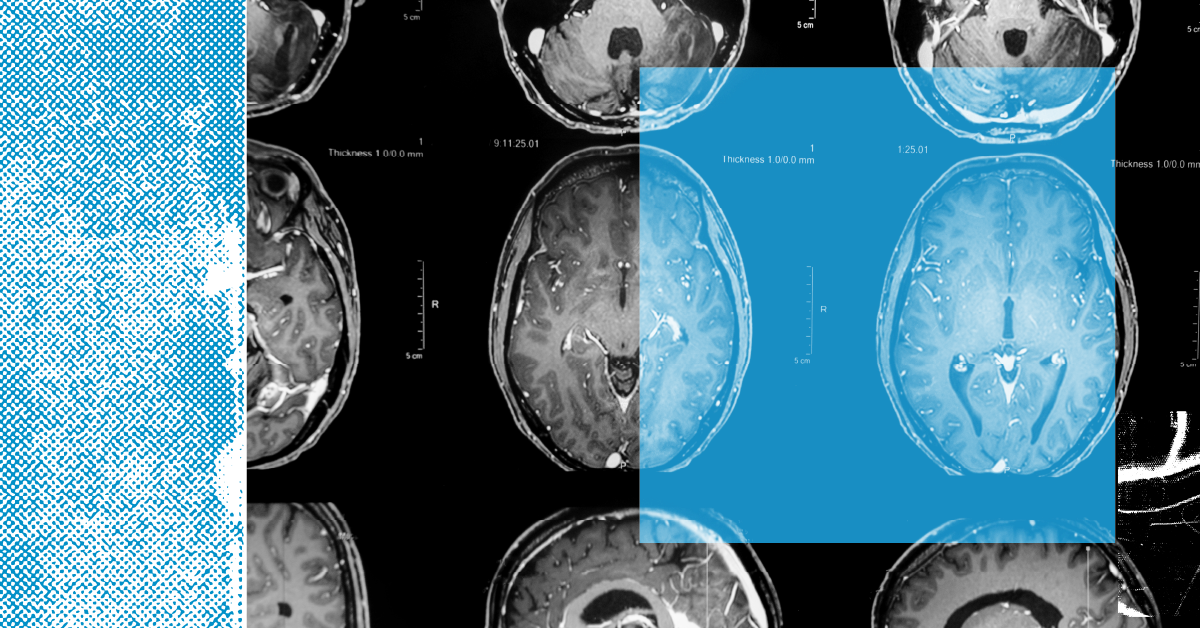
What Are Mental Illnesses?
What makes some conditions “illnesses”? What distinguishes “mental” illnesses from “physical” illnesses? Should mental illnesses be considered “brain disorders”? Join us for a discussion of these and other challenging and important questions in the philosophy of psychiatry.

Unpacking Special Education: Exploring Its Role and Effects on Signing Deaf Students
Join John Pirone and Kristabel Stark for a conversation about deafness and special ed. We will open by sharing our insights and professional experiences related to special education in an informal manner. Following that, we'll encourage attendees to contribute their own perspectives. The session will then transition into a facilitated discussion focusing on two different question sets: one centered on theoretical and philosophical aspects and the other on practical applications.

Child Poverty is a Policy Choice
Nikhil Goyal, sociologist and former senior policy advisor for Senator Bernie Sanders, joins Donald Tinney, a veteran high school English teacher and President of the Vermont branch of the National Education Association, to discuss Goyal's new book, "Live to See the Day: Coming of Age in American Poverty," which was named A Best Book of 2023 by The New Yorker. Last year, child poverty more than doubled in the United States, the largest single-year increase on record. Goyal and Tinney will discuss the crisis of child poverty, the implications for public education, and what we can do to address these inequalities.
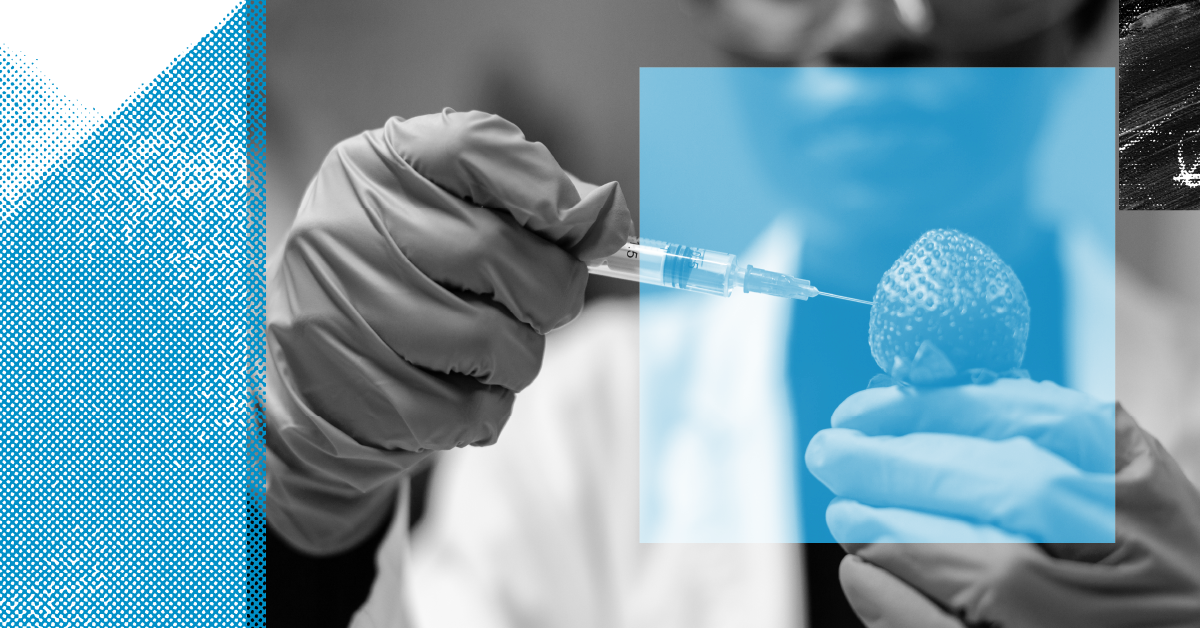
What Happens in a Climate Kitchen?
In the Climate Kitchen, we are comfortable with ideas and things and actions that might not ever work out. Or they just might. Delicious food emerges from unexpected sources – insects, invasive species - or with new techniques – dehydrators, Instapots. Or cool new ways to compost the less delicious food and then use the compost. Or experiments on new (hybrid mung beans?) or old (buckwheat?) foods are designed and tested. Or something that we have yet to imagine. What do you think are the kitchens of the future? What do you think should happen in them? We will talk and taste our way to some ideas, in collaboration and in conversation.

Multispecies Relating: Talk, Meditate, and Make Art With the More-Than-Human World
You have probably had an experience of communicating with a dog or a preverbal baby without using language, but how can you know if you can really understand each other? And what about all of the other beings we relate to on a daily basis — potential foods, pets, or wildlife neighbors — if we can’t talk, can we still communicate? And in any case, how can we make sure we are relating well? This interactive presentation draws from diverse philosophical traditions and weaves together artmaking with fish and deer, meditation with insects (even those we’d rather not, like ticks and mosquitos!), and responsibilities to (and of) rivers.
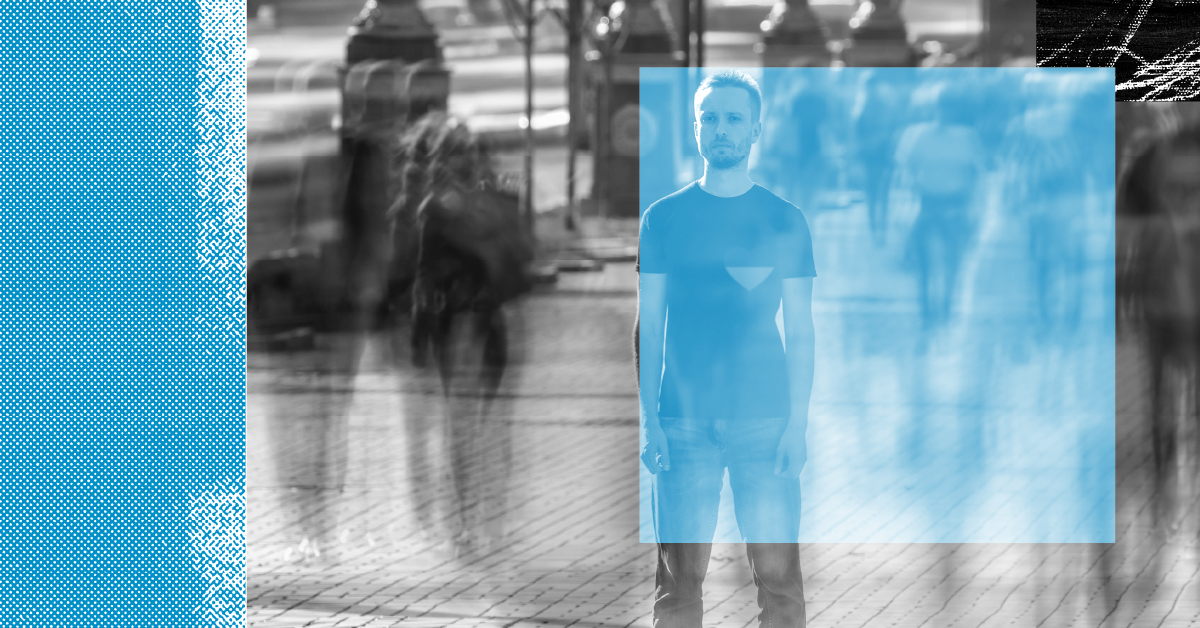
High Time for a Phenomenology of Cannabis & Chronos
Is the clock ticking more slowly? How long have I been thinking this thought? Does time even exist?? Join The Reverend Colonel for a discussion on how cannabis can lend insight into our perception of time
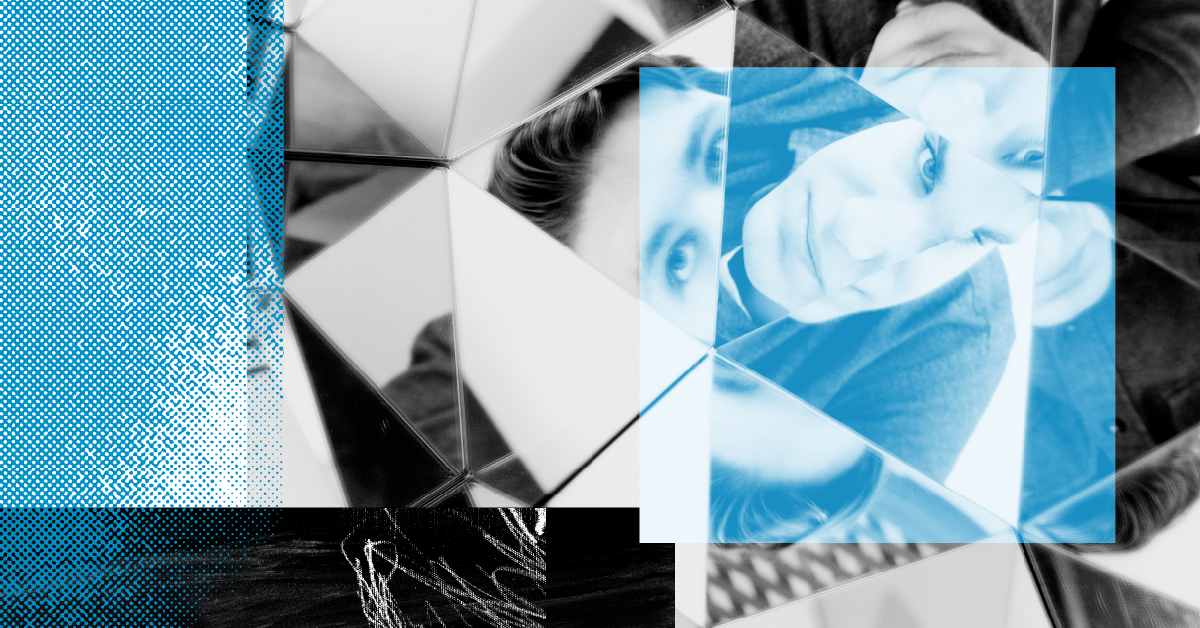
A Philosopher on Psychedelics: From Transformation to Legalization
We’ll discuss the promise and dangers of psychedelics; whether Vermont should decriminalize/legalize them; their therapeutic, spiritual, epistemic, and transformational value for individuals, as well as their potential role in catalyzing climate consciousness; and whether it’s ethical to use them therapeutically, spiritually, and recreationally.

Ethics of True Crime
We will examine the ethical dimensions of consuming true crime, reflecting on its focus on cases with white, female victims and its potential impact on prosecutorial decisions. We will also consider true crime's influence on perceptions of crime rates, the commodification of grief, and the broader issues of victims' rights within its profitable framework
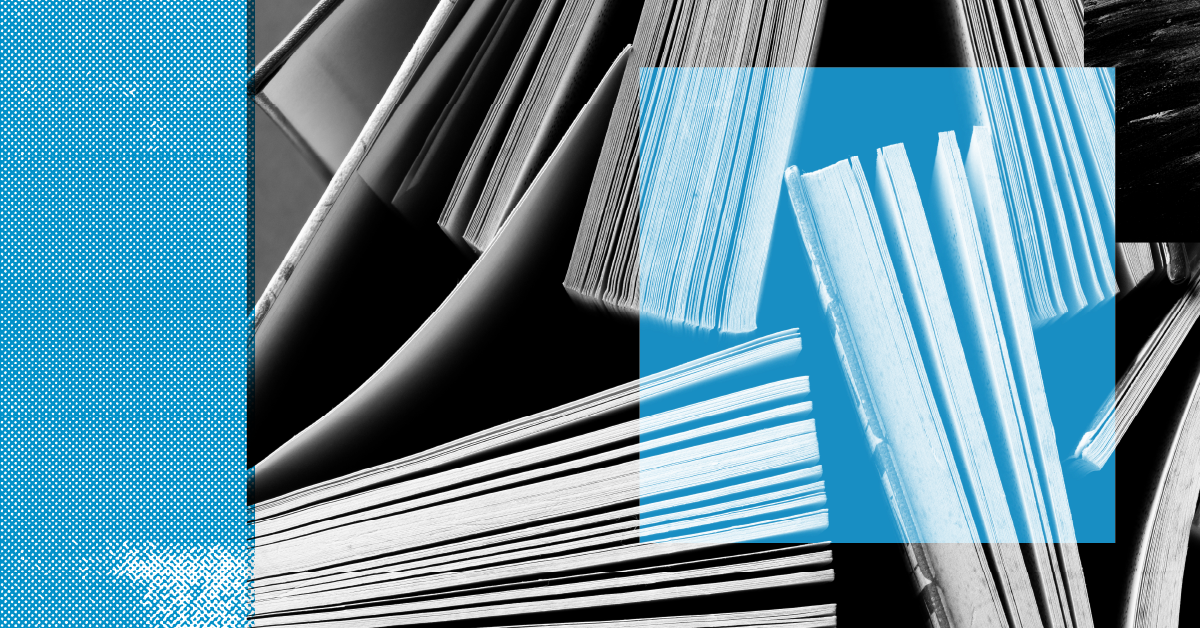
Three Books That (maybe, potentially, hopefully) Made Me a Better Person
We read for all sorts of reasons: for amusement, to make it through class, to mend a broken heart, to appreciate beauty - and almost always to improve ourselves in some fashion. Years ago a friend asked me to list the books that had made me a better person. My answer then - the Qur'an, Marcus Aurelius's Meditations, and Marcel Proust's Remembrance of Things Past - would be my answer today. We'll talk about those books, what they have to tell us, and the odd ways that three books that seemingly have nothing in common actually intersect. None of us are a product of one book or one philosophy or one discipline, and sometimes it's the shared spaces on our intellectual Venn diagram that tells us the most about ourselves. And I'd like to hear about the books that (maybe, potentially, hopefully) made you a better person.
